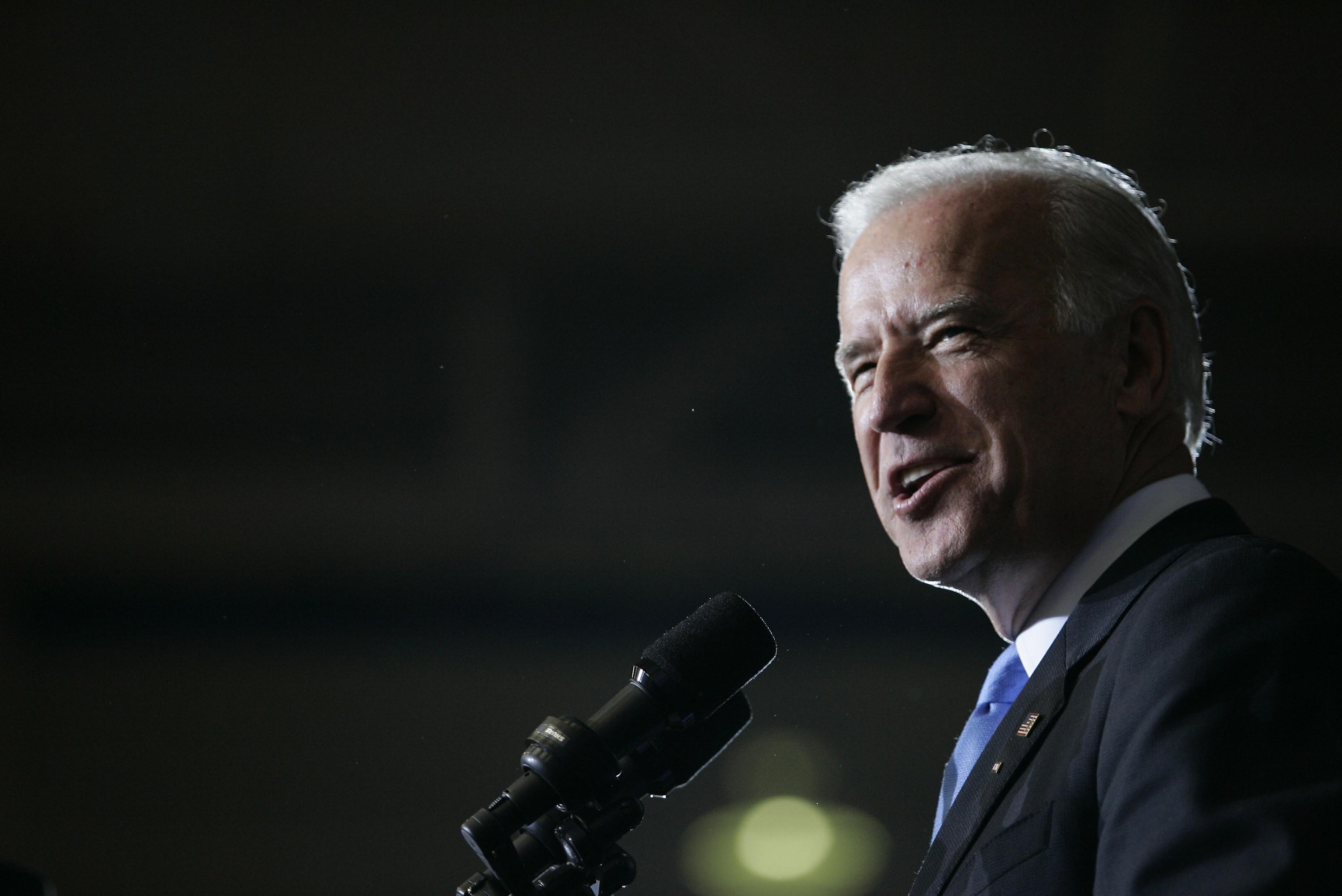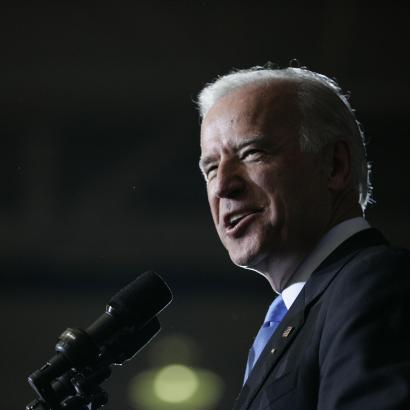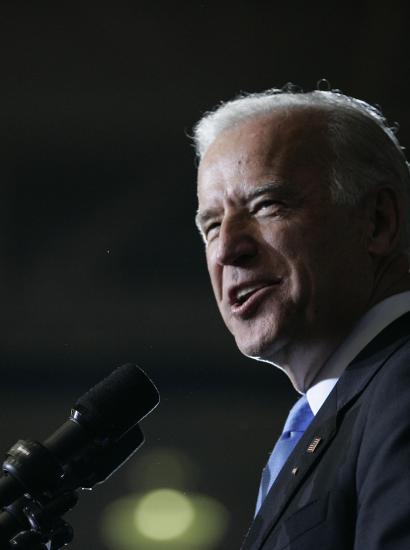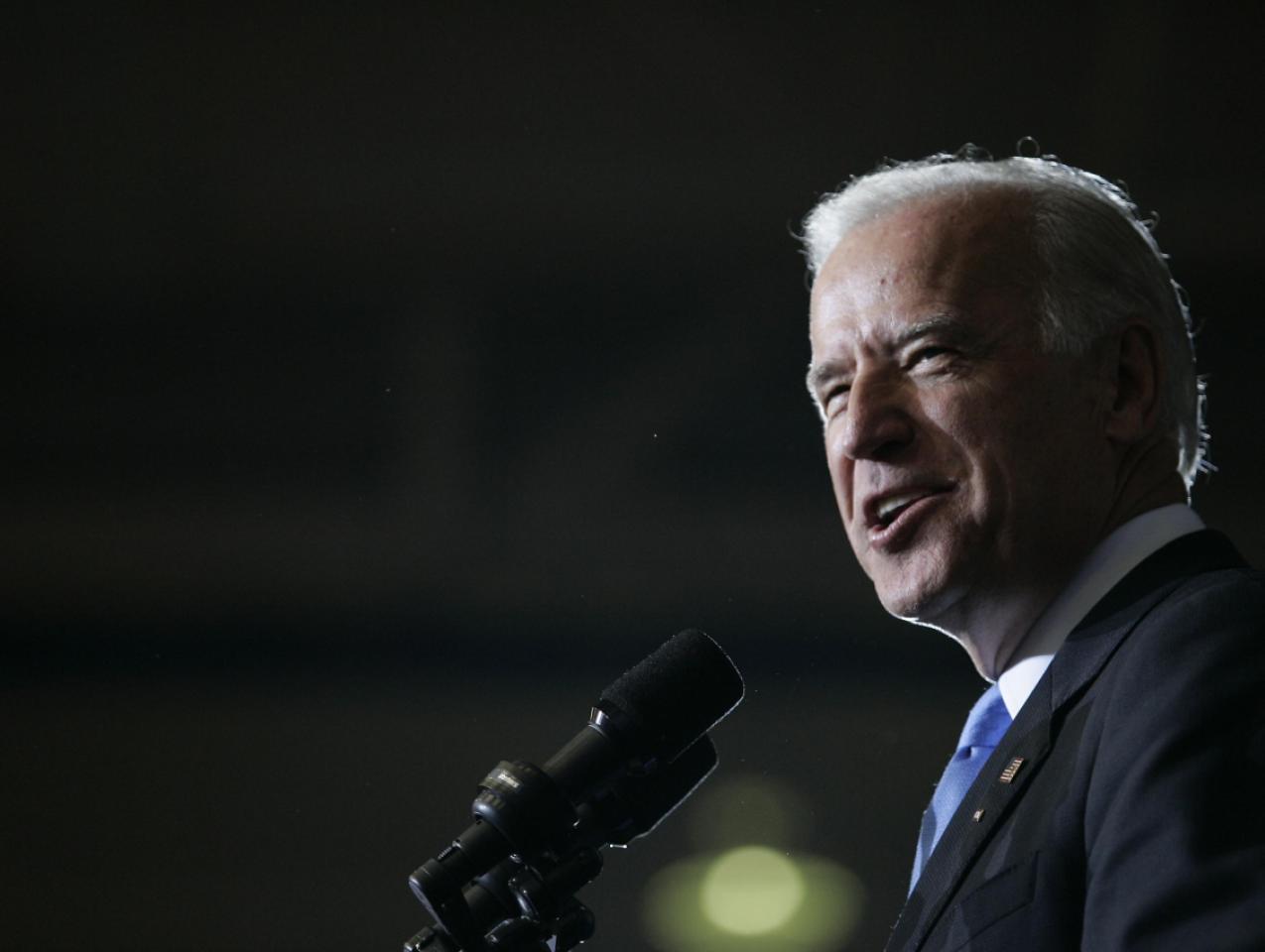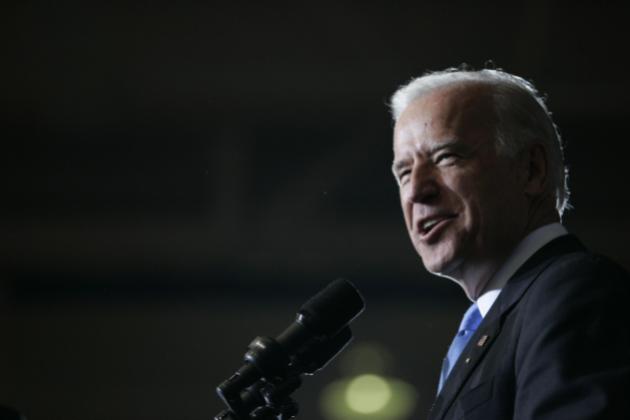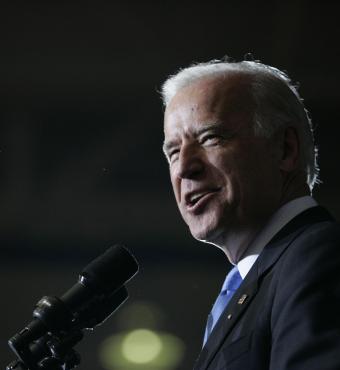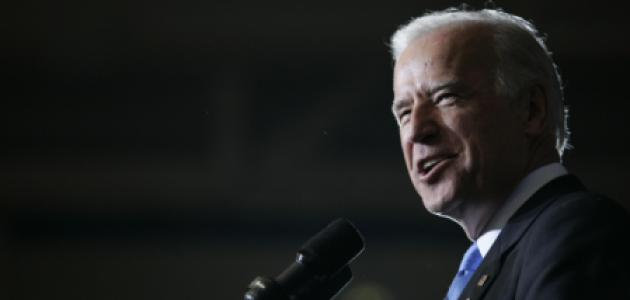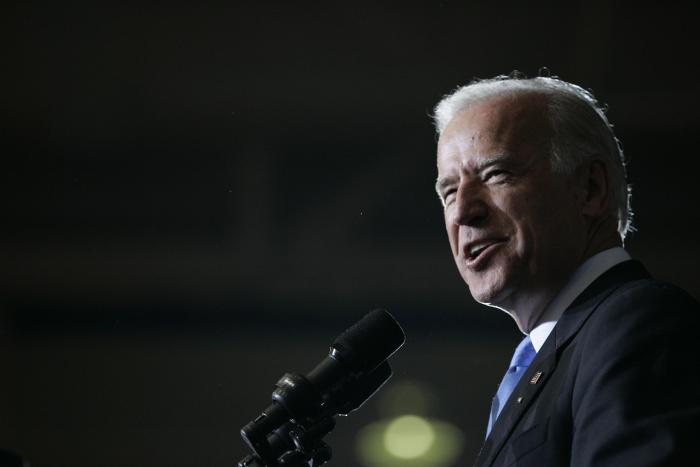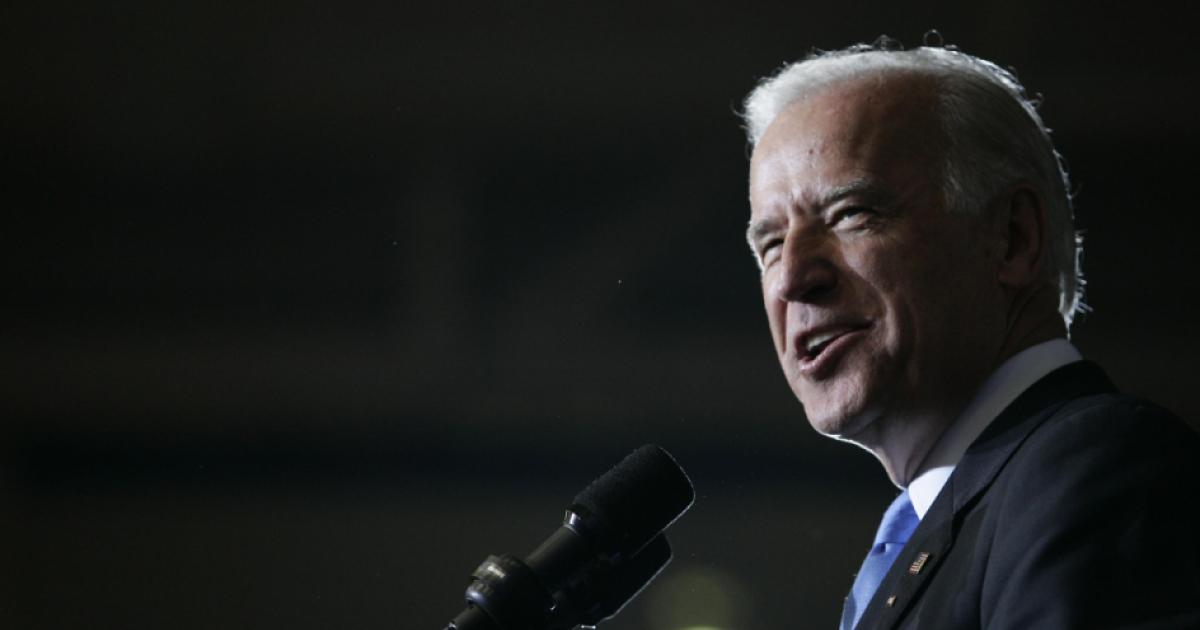- Politics, Institutions, and Public Opinion
- State & Local
- California
One thing about 2021 that we were told to expect: the beginning of an age of new harmony between the West and East Coasts—more to the point, the government in Washington showing more love to its smaller cousin in Sacramento.
Indeed, that seemed to be the case last week, when President Joe Biden held a videoconference with California governor Gavin Newsom and other western state leaders to discuss wildfires. Biden used the occasion to highlight a pay raise he wants to give to US Forest Service firefighters. That came on the heels of the new administration’s announcement that a Californian will head that agency.
Still, despite the change of leadership in the Oval Office, one aspect of the Sacramento-Washington relationship hasn’t changed: an American president’s ability to roil the political waters back in the Golden State.
Case in point: Biden’s suggestion last week that Rep. Maxine Waters from California would make a good United States senator. “Senator, I hope,” Biden said while Waters and Pelosi hovered over him at a bill-signing ceremony. “You think I’m kidding, I’m not.”
Was this Biden’s way of suggesting that he has a favorite in next year’s senatorial contest in California? If so, what does that say about the Democrat currently holding that job—with no intention of surrendering it. That would be Sen. Alex Padilla, appointed by Newsom soon after the November 2020 election to fill out the remainder of Kamala Harris’s term once she was elevated to the vice presidency and, unless there’s a surprise plot twist in the near future, planning on earning a full term himself next year.
Moreover, why would Biden say something that could alienate both California’s and the nation’s Latino populations—Padilla being a historical figure in that he’s California’s first Latino senator (California being nearly 40% Latino and only 6% African-American—including Maxine Waters).
But that’s not the only head-scratcher in trying to make sense of what Biden implied.
A Democratic Party that worships at the altar of the martyred Kennedy brothers (Jack and Bobby, not Teddy) fetishizes vigor and vitality (the 78-year-old Biden being an exception to the rule, if you believe that the party rank-and-file relationship with Biden is more passionate than it is a four-year marriage of convenience). The concept of “youth served” doesn’t apply to Waters. She turns 83 next month, which makes her nearly four years older than Biden but still five years younger than California senator Dianne Feinstein, who turned 88 last month—and, as such, is under the gun to call it a day when her term expires in 2024.
But perhaps the biggest puzzler: does Joe Biden really think that Maxine Waters is Senate material?
Among the highlights (or lowlights) of Waters’s presence on the political landscape: peddling the conspiracy theory that the CIA masterminded the sale of crack cocaine in America’s cities; glorifying Los Angeles’s 1992 race riots to the point of doing the electric slide with LA gang-bangers; turning her pursuit of office into a family money-making venture (in her last re-election effort, Waters’s campaign paid her daughter $240,000 for “slate mailer management” and “Get Out the Vote” services); and most recently, suggesting a violent response had Derek Chauvin been acquitted for the murder of George Floyd (“We’ve got to stay on the street and we’ve got to get more active, we’ve got to get more confrontational,” said Waters. “We’ve got to make sure that they know that we mean business.”).
This is the president’s idea of a “profile in courage?”
Let’s take this from a different angle, now: what if Biden wasn’t being mischievous and knows something we don’t—namely, that Waters plans to take on Padilla in next year’s June Senate primary?
It wouldn’t be the first time Democrats have clashed in a summer primary (or a general election, for that matter, thanks to California’s rules that advance the top-two primary finishers to November regardless of party affiliation). In 2016, Harris handily won her Senate race versus then representative Loretta Sanchez—a contest that had the potential to divide California Democrats along racial lines.
But that divide never occurred for one simple reason: the state party wouldn’t allow it. Harris received the California Democrats’ endorsement in a landslide vote (this was in February 2016, well before the June primary). And she received endorsements from a who’s-who of state and national Democrats: Barack Obama, then governor Jerry Brown, as well as Feinstein and the woman Harris eventually succeeded, then senator Barbara Boxer.
That 2016 Senate contest marked the first time in 24 years that such a seat was “open” in California (Boxer was elected in 1992 to replace the since deceased Alan Cranston upon his retirement). While Padilla will be running as an incumbent, it comes with the asterisk of having been appointed to the job. Perhaps that encourages his fellow Democrats to consider a run (California’s last appointed senator, John Seymour, fell victim to Feinstein in the same 1992 cycle).
So how does Padilla prevent such history from repeating? Simple. He does what Harris did nearly six years ago: crush his would-be challengers when rank-and-file Democrats convene to make an endorsement, then line up endorsements from every prominent Democratic officeholder willing to give one.
But would that include the current president of the United States?
Joe Biden presented himself to America in 2020 as the anti-Trump in not only policy but also style and demeanor. Inadvertently sparking intrigue and the parsing of words by the political class due to a simple aside at a press avail? That’s “Trumpy.” Meddling in his party’s congressional primary politics? That’s trés “Trumpy” (the former president at present vowing to do his all to unseat Alaska senator Lisa Murkowski for her vote to impeach him last February).
Which goes to show: the more things change, the more they remain the same in American politics—though not always to California’s betterment.







